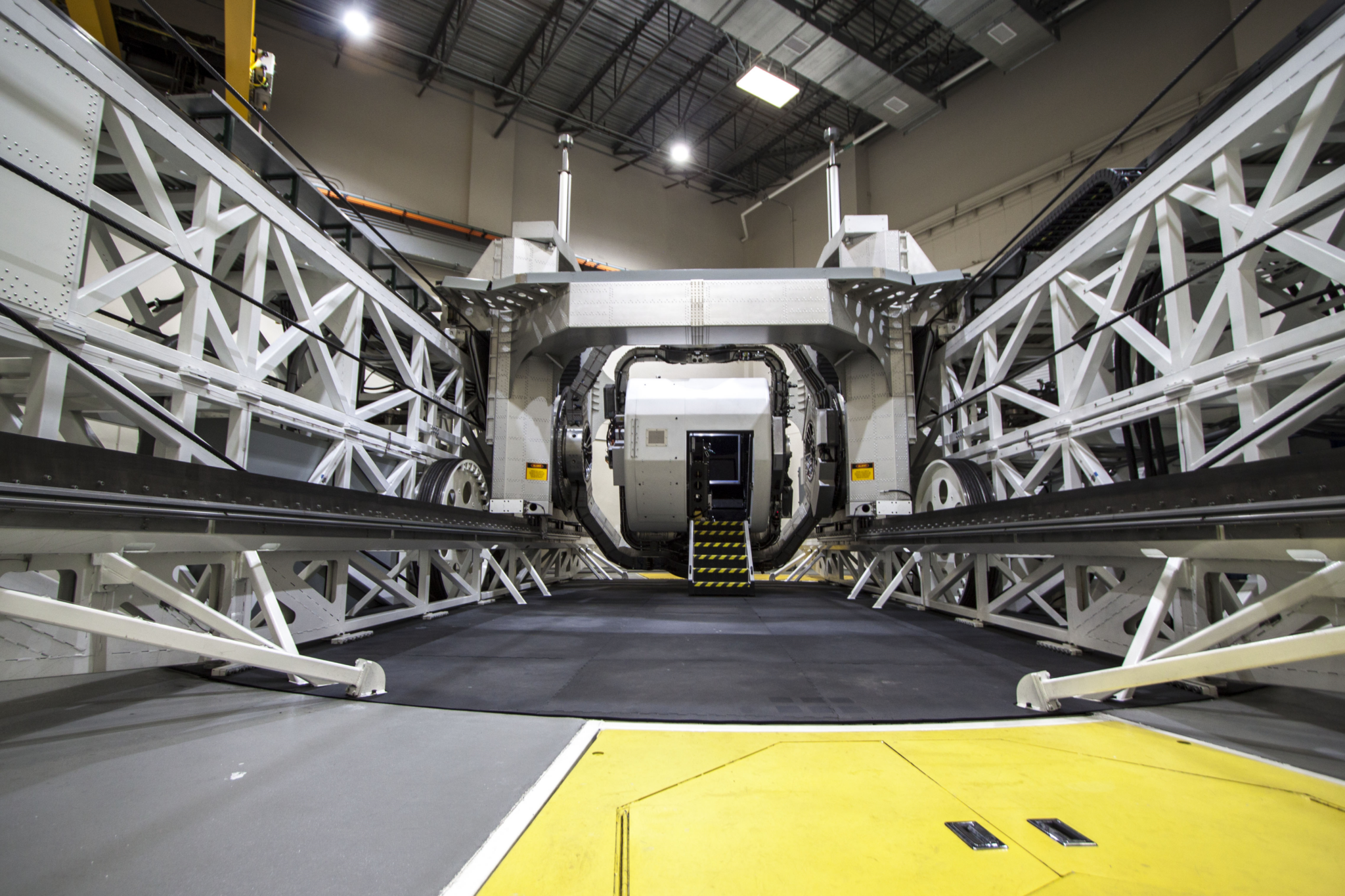NASA is proud to announce that it plans to use a U.S. Navy centrifuge to create huge loads during military pilot training to better prepare its astronauts for dangerous disorienting space flights. This device looks pretty brutal, so they have given it a creepy name – “Kraken”.

“A monster of a machine is now allowing NASA scientists to study on Earth the disorientation that astronauts may encounter in space,” the space agency’s press service gloats in a note about the Kraken, a device that can energetically spin people like laundry in a washing machine.
Although the Kraken sounds like a nightmarish ride that goes off the rails, it actually helps astronauts overcome balance problems and nausea during extreme situations. According to NASA, cooperation with the US Navy is designed to help develop strategies aimed at improving the conditions of resistance to huge loads and training of the vestibular apparatus.
According to astronaut Douglas Wheelock, nausea in space is not a joke.
“Shortly after liftoff in the space shuttle, I felt like I was on a merry-go-round as my body hunted for what was up, down, left, and right. Crew must prepare for the confusion that they will likely undergo during these gravitational transitions,” Wheelock recalls of his first unpleasant experience in space.
To help astronauts cope with disorientation and train the vestibular apparatus, a “Kraken” was created – a huge centrifuge weighing 100 tons.
“The first time I saw the Kraken in person, I was impressed by how large and agile the machine is. With the ability to move six directions on its axis, the device can simulate complex flight scenarios that are difficult to recreate on Earth, including landing scenarios that could induce vertigo and nausea,” said Laura Bollweg, manager of astronaut health research at the Johnson Space Center in Houston.
Experts say the device can help NASA determine which head movements astronauts need to make to restore a sense of balance, which can improve or worsen the experience of space travel.
Earlier we reported on how Zero-G offered private concerts in zero gravity.
According to NASA
Follow us on Twitter to get the most interesting space news in time
https://twitter.com/ust_magazine

